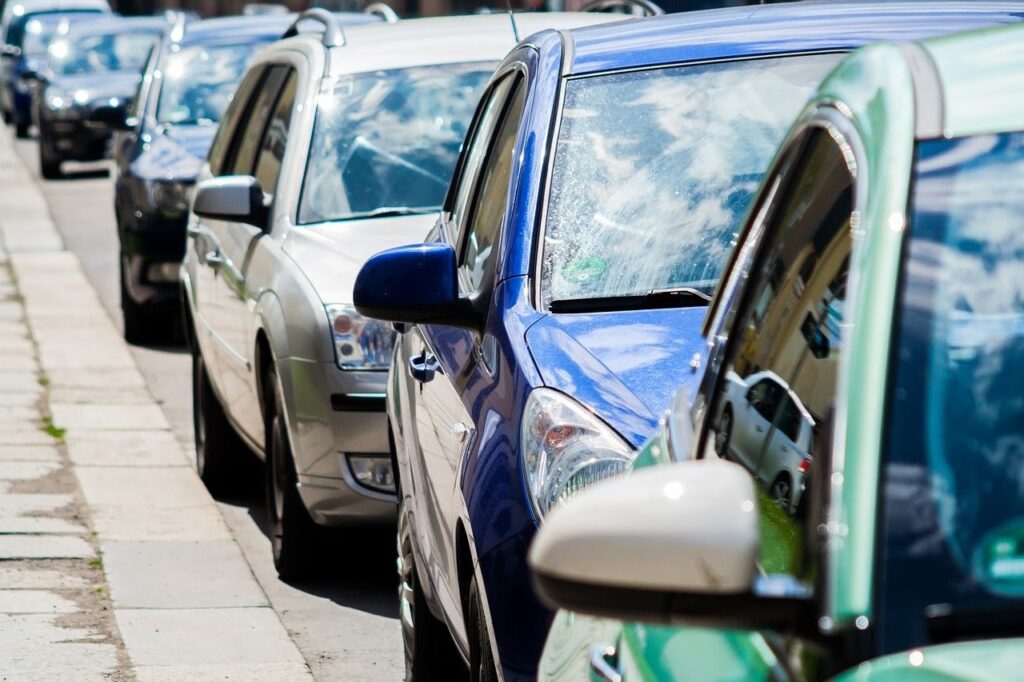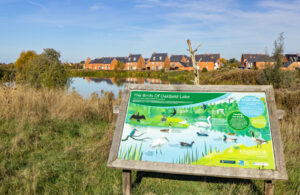Drivers warned of £1,000 fine for missing essential safety checks after car accident

Car leasing experts at Vehicle Contracts are advising drivers four key checks you should do following a minor car crash to help protect you, your vehicle and your insurance policy.
From 2020 to 2021, there were 119,850 people injured in UK car accidents with an average of 336 injuries a day in the UK. With drivers exceeding the speed limit, getting distracted and general human error, accidents are unfortunately a common occurrence.
Below are the essential checks that should be made following a minor car accident:
Check lights are working
Even a minor scrape can damage your lights and stop them working properly, which is dangerous and can land you with a Fixed Penalty Notice (FPN) if pulled over by the police. The £100 fine can go up to £1,000 for headlights and £60 for brake lights as well as three points on your license. In extreme cases, you can also end up with a Roadside Prohibition Notice leaving you unable to drive your vehicle or a dangerous driving penalty with an unlimited fine and a driving ban. Have another person behind the vehicle to check the brake lights are working or reverse up to a garage to see the lights reflecting.
Look for fluid leaks
A bump could cause an oil or radiator leak which can cost you upwards of £1,250 to fix. If damage causes a knock-on effect to something like the engine, you could be shelling out thousands to get your car back up and running. If you miss a leak and notice it after an initial insurance claim, or decide not to claim, it can be difficult to get the money back for a repair. Make sure you contact your insurer after an accident and identify any potential issues, even if you’re not planning on claiming.
Recalibrate internal systems
The ADAS (Advanced Driver Assistant System) includes features like lane assistance, adaptive cruise control, ABS, parking sensors and a long list of other components. If you don’t have these features recalibrated after an accident, you could unknowingly invalidate your insurance. Make sure you get an inspection done if any damage could have occurred to stay safe and keep your policy valid.
Check and replace safety features
You should also check other safety equipment including seatbelts and children’s car seats as equipment may have been affected by the accident. With seat belts, you might need to reset, recalibrate or replace them depending on how badly damaged they are. Check with your insurance company to see whether car seats are covered under your policy and look for more advice from your manufacturer on whether you can keep using a seat.
Robert Harris, Director at Vehicle Contracts says: “In the event of a car accident, even if it’s low impact, thoroughly check your vehicle or take it into a garage for a once over – it’s better to be safe than sorry. By not doing the necessary checks, you’re risking the safety of the vehicle and also the chance of a fine. Your insurance company should be able to assist you with this. Make sure you contact them to check their process if you’re booking in with a garage. Finally, it is crucial to photograph your vehicle as soon as possible after an accident to document any damage, and collect witness details where necessary to avoid disputes.”




